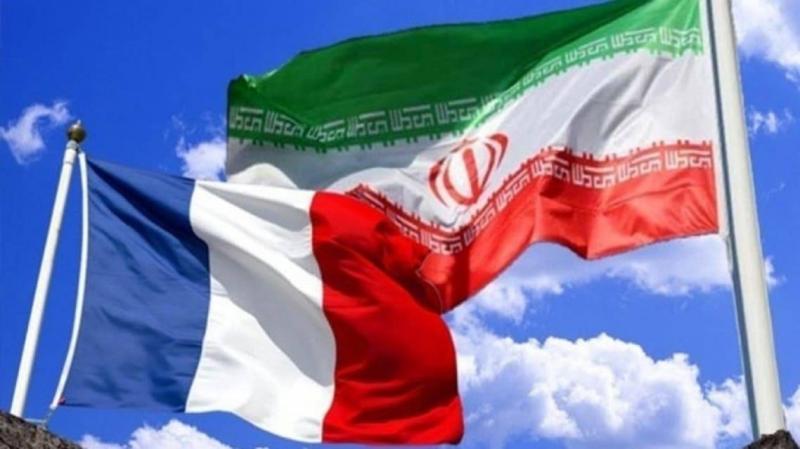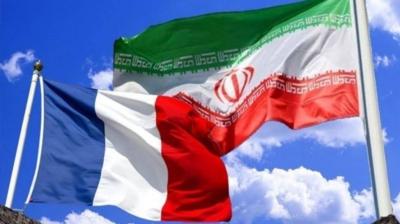France has urged Iran to refrain from taking any actions that would exacerbate the nuclear situation.
The spokesperson for the French Foreign Ministry, Anne-Claire Legendre, today called on Iran to abstain from any measures that could worsen the nuclear situation, in order to maintain a political space for reaching a solution through negotiations. Legendre added that the situation is extremely concerning due to the continued violations of the Vienna Agreement, including the recent violation reported to the International Atomic Energy Agency (IAEA), referring to the agency's report on Wednesday that mentioned Tehran has implemented its plan to produce uranium metal.
The agency submitted a confidential report to member countries indicating that Iran has begun producing uranium metal, a material that can be used to form the core of nuclear weapons. The UN-affiliated agency clarified in its confidential report that Iran produced a small amount of uranium metal on February 8, in violation of the 2015 nuclear agreement, after importing new equipment to a nuclear facility under IAEA inspection in Isfahan. It is important to note that the nuclear deal signed between Iran and global powers in 2015 is facing erosion, and efforts to revive it are encountering new challenges due to Tehran's decision to resume enriching uranium to 20% at an underground nuclear facility.
The restrictions imposed by the agreement on Iran's nuclear activities had a single goal: to extend the timeframe required for Iran to produce sufficient fissile material to make a nuclear bomb, if it chose to do so, to at least one year instead of two or three months. Iran insists that it has never sought to acquire nuclear weapons and will never do so, stating that its activities in this field are solely for civilian purposes. Tehran began to gradually breach the limits set by the agreement in response to former U.S. President Donald Trump's decision to withdraw from the agreement in May 2018 and to reimpose sanctions on Iran, which reduced the time needed to produce sufficient materials for weapon-making. The IAEA, which supervises the implementation of the agreement, indicates that Iran is not advancing its nuclear work as rapidly as its capabilities would allow.




